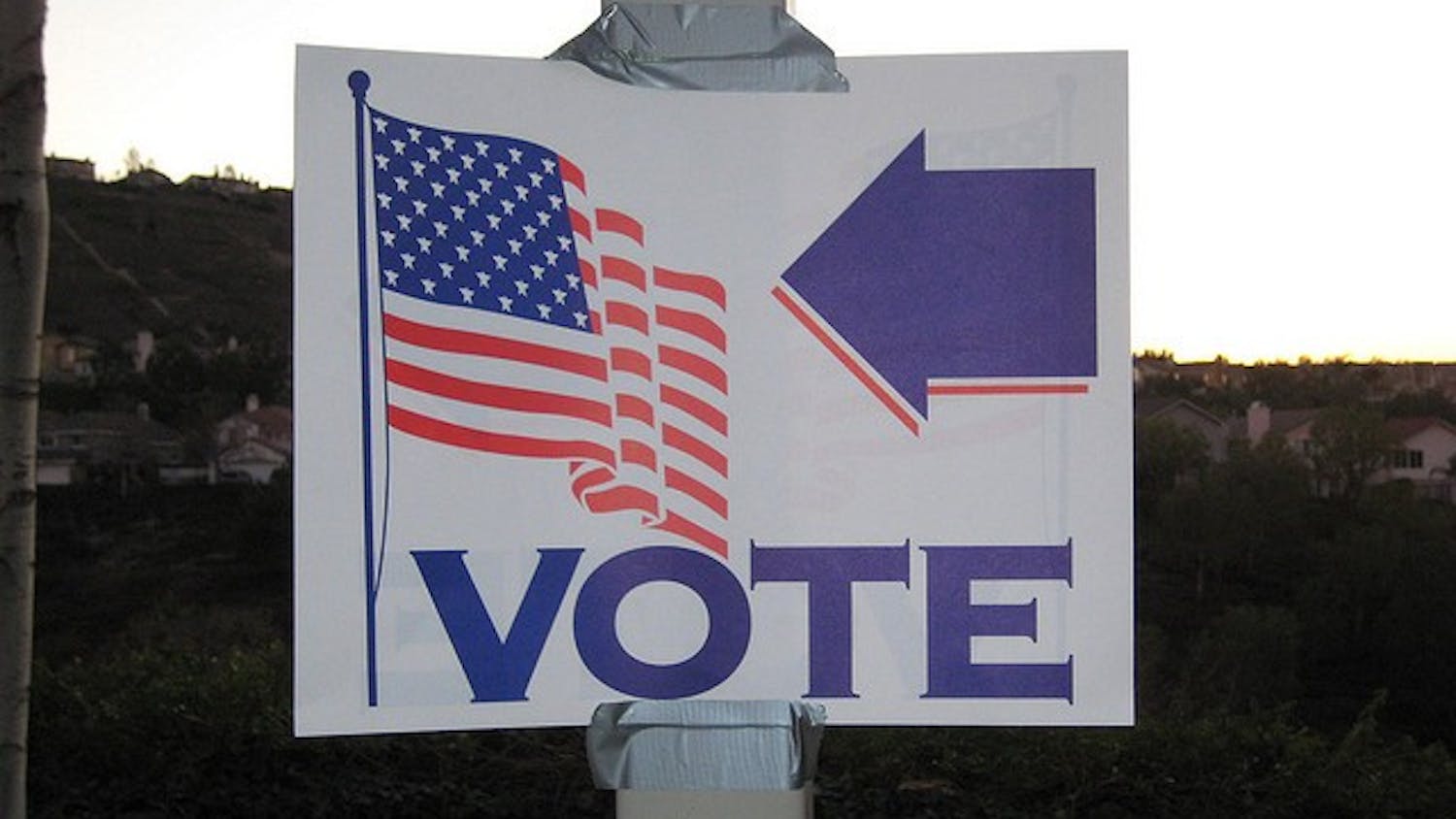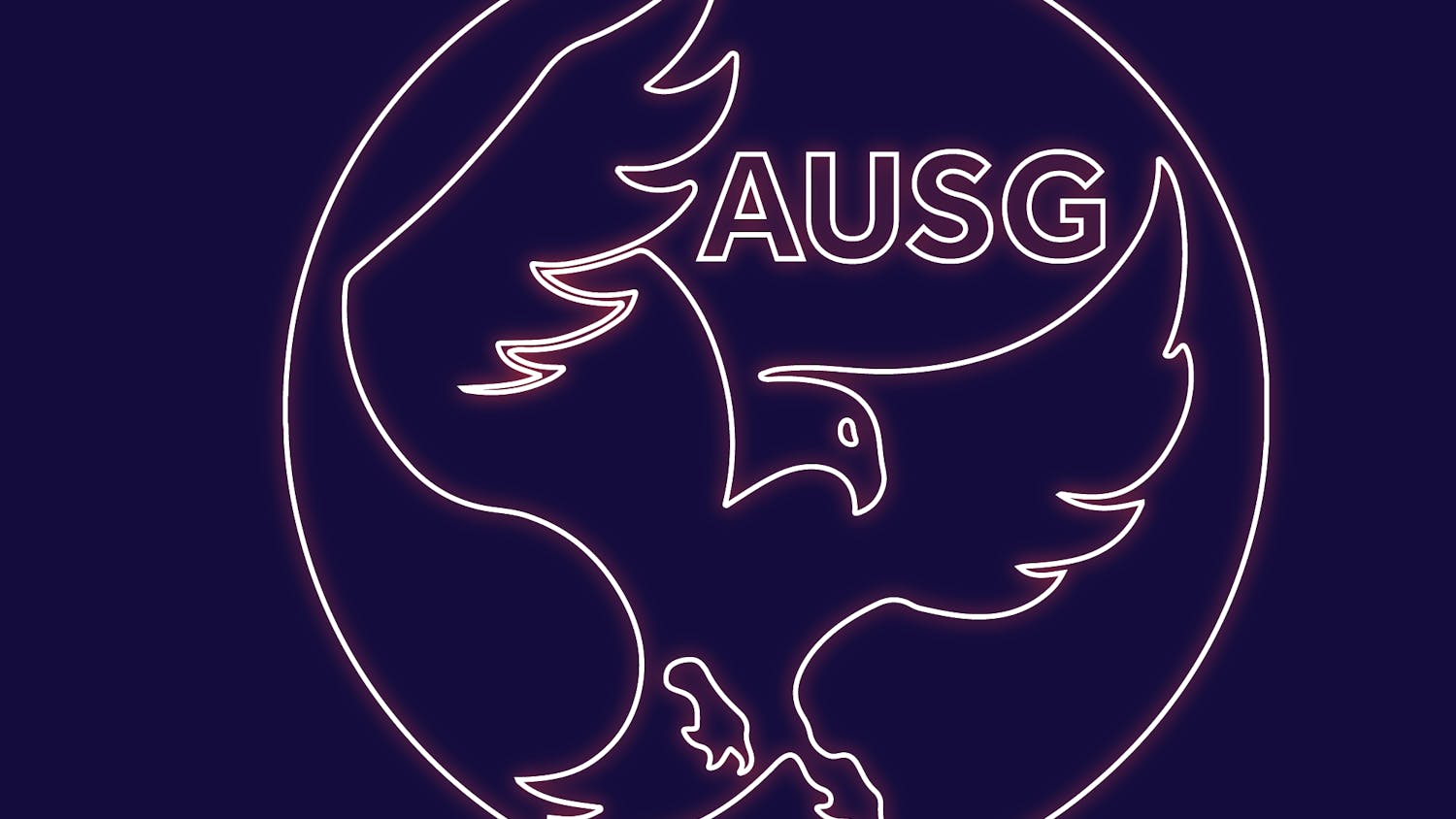The U.S. House of Representatives passed the bill that would provide an $819 billion economic stimulus package, which would make millions of students eligible to receive a tuition tax break, according to The Chronicle Review.
Low- and middle-income students who do not qualify for the Hope Tax Credit could benefit from the new bill, including students from AU.
Some AU students said they support the bill, since it will enhance opportunities for those who cannot afford college on their own.
Many prospective and current college students are not eligible for the Hope Tax Credit, which, according to the IRS Web site, is a federal individual income of up to $1,650 for qualified tuition and other academic expenses. To obtain the Hope Tax Credit, a student's parents must make less than $58,000 as a single taxpayer or less than $116,000 as joint taxpayers.
Students whose parents make less than $26,000 a year and who do not pay income taxes cannot benefit from the Hope Tax Credit either, according to the Review. As a result, wealthier students who still qualify would have received the biggest tax breaks, according to the Review. The new economic stimulus bill would allow an additional 4 million low- and middle-income students to receive a tuition tax break.
Frank Carbone, a sophomore in the Kogod School of Business and the College of Arts and Sciences, said he believes a tuition tax break would be beneficial to society.
"Investment in higher education is a long-term investment," he said. "It will help the U.S. economically and socially ... It will pay dividends for years down the line and enhance our society."
The new economic stimulus bill that passed through the House benefits those who do not pay taxes and covers academic expenses such as textbooks, which the Hope Tax Credit does not cover. The new bill would also increase the cutoff for single taxpayers to $90,000, and for joint taxpayers to $180,000, according to the Review.
The economic stimulus plan will give $150 billion to U.S. school districts, childcare centers and universities, according to The New York Times. This is the largest increase in federal aid since education expenditures increased after World War II.
On Jan. 28, without a single Republican vote, the $819 billion economic stimulus plan won the House, according to the Times.
David Wolkowicz, a freshman in Kogod, said he believes the government's increased spending on education will help not only current students but also the future of the American society.
"Making tuition more affordable should be a huge priority for the Obama administration," he said. "Prioritizing education, especially for lower income individuals, is essential for maintaining our standard of living and economic dominance in the future."
Michael Kuna, a sophomore in the Kogod School of Business, said he thinks the tuition tax break is exactly what society needs to help students who cannot afford to go to college on their own.
"I think this is a good thing," he said. "Let it trickle down. It seems that the tides are turning. When education is available [through government funding] and the idea is pushed by a greater institution, people can have a foundation to go get an education somewhere."
You can reach this writer at news@theeagleonline.com.




